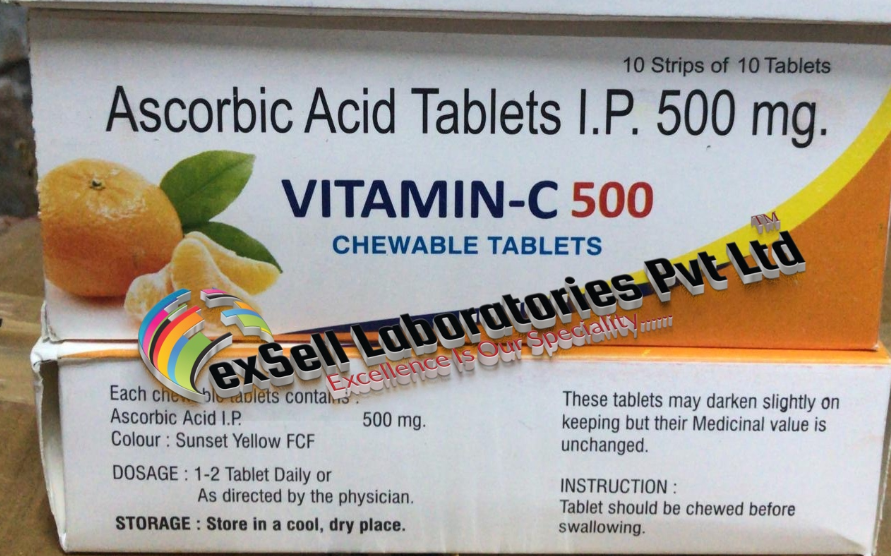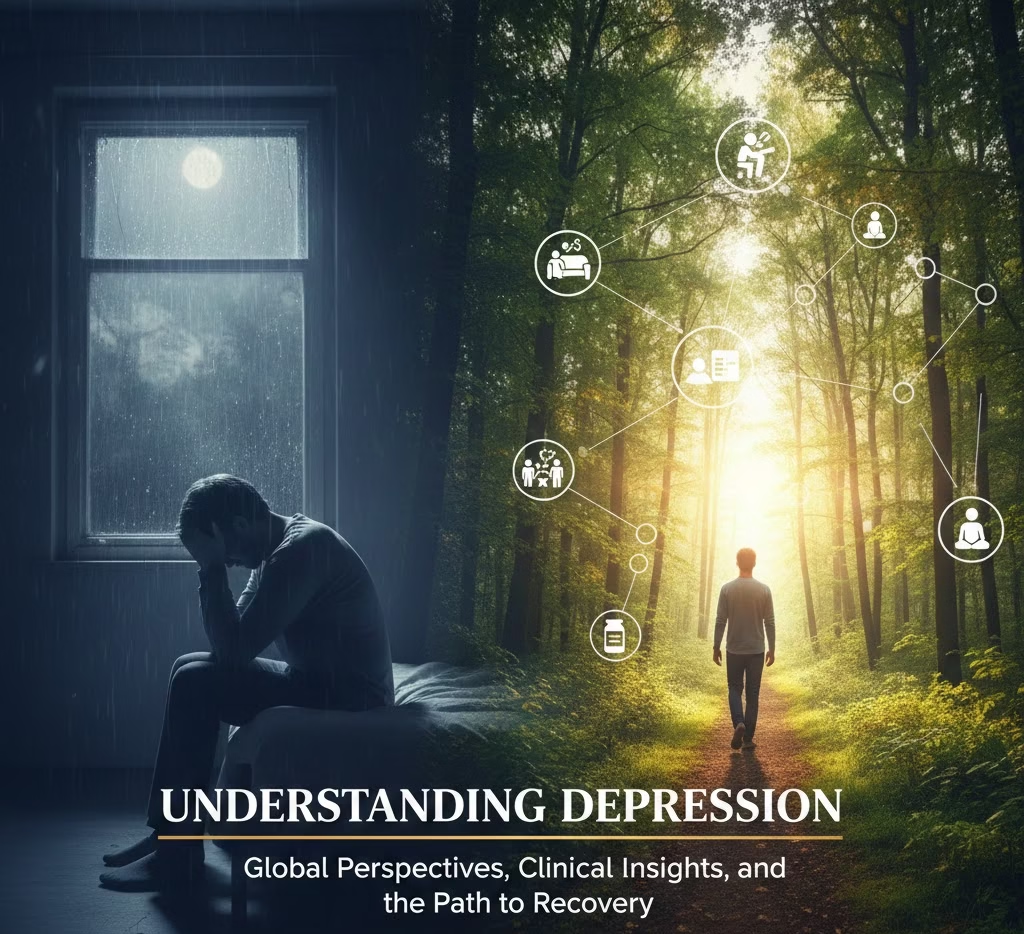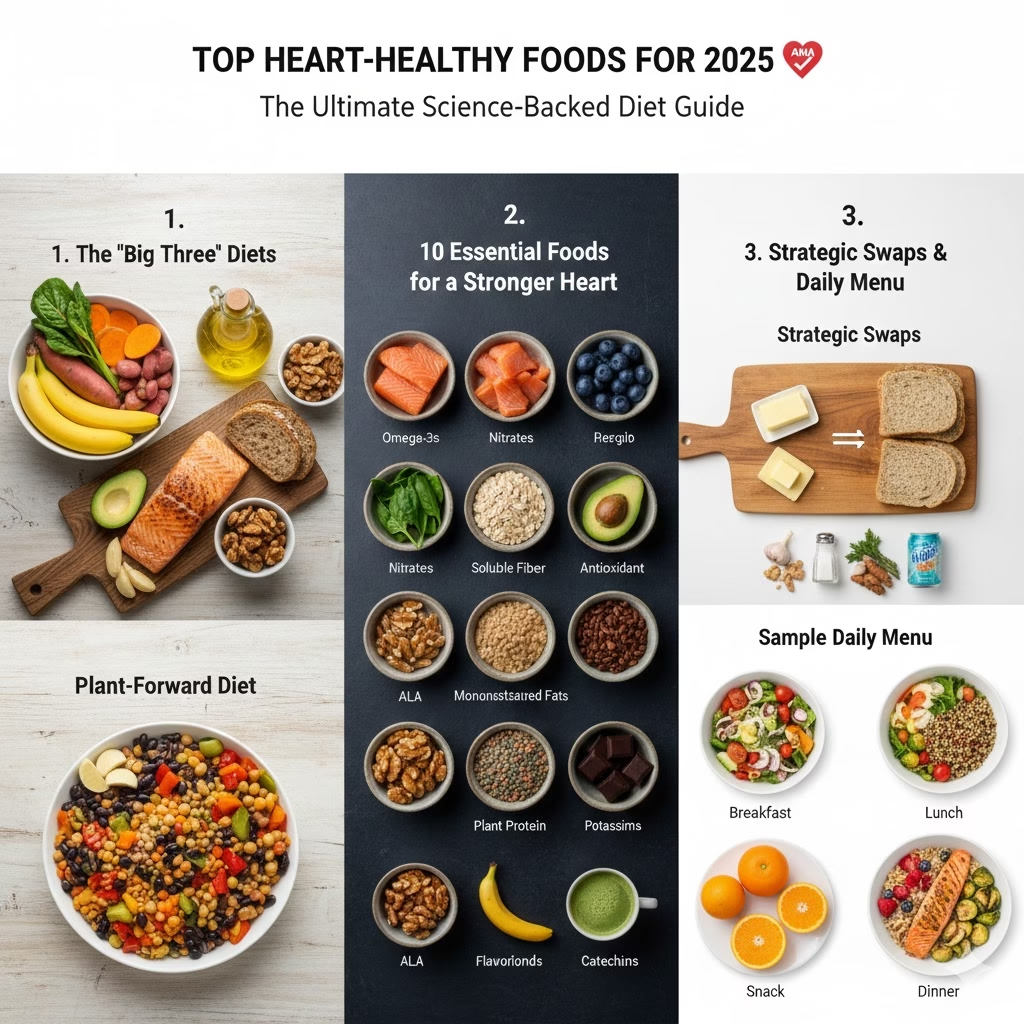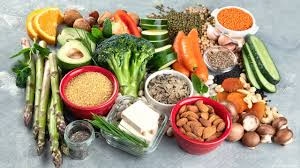Vitamin C may be the most discussed vitamin among the other nutrition’s and vitamins, and for good cause. Also referred to as ascorbic acid, this water-soluble vitamin is essential for keeping your body humming at peak performance. But how does it work, how much do you require, and is it possible to have too much? Let’s simplify it in plain, useful terms.

Why Your Body Loves Vitamin C
Vitamin C is also crucial for tissue repair and growth all over your body. Picture the project manager in the background, organizing the manufacture of collagen, the protein that provides structure to your skin, tendons, ligaments, and blood vessels. That’s why it’s such a key component in wound healing and healthy skin.
It’s also a powerful antioxidant. That is, it helps shield your cells from damage due to free radicals, a cell damaging molecules your body creates during metabolism or due to exposure to smoke from cigarettes, pollution, or the sun. Free radical damage over time can accelerate aging and may lead to conditions such as cancer, cardiovascular disease, and arthritis.
Vitamin C also increases your body’s ability to absorb iron, particularly the form that occurs naturally in plant foods like spinach and lentils. So if you are a vegetarian or vegan, taking enough vitamin C will really boost your iron levels. And then, of course, there is the immune system boost. Vitamin C won’t keep you from getting a cold, but it could make it shorter-lived or milder.
Where to Get It
For your daily fix, fruits and vegetables are your way to go. Citrus fruits such as oranges and grapefruits are the norm, but don’t forget to include others such as:
- Kiwifruit, strawberries, papaya, mango, pineapple, and cantaloupe
- Veggies such as bell peppers, broccoli, Brussels sprouts, spinach, cabbage, and tomatoes
Even potatoes and winter squash have trace amounts. Most breakfast cereals and fruit juices are fortified with vitamin C, just read the label.
Daily Needs and Special Considerations
Since your body does not store vitamin C, you must receive it every day through the foods you eat. Cooking and storage of food for extended periods may lower vitamin C levels, so it’s best to eat fresh, raw, or lightly cooked vegetables and fruits. Interesting fact: cartoned orange juice has more vitamin C than juice in a transparent bottle because light decomposes the vitamin.
This is how much you require:
- Men: 90 mg per day
- Women: 75 mg
- Pregnant women: 85 mg
- Breastfeeding women: 120 mg
Children require less, based on age. If you are a smoker or a non-smoker who is exposed to secondhand smoke daily, you will require an additional 35 mg per day since your body uses vitamin C faster.
Who’s at Risk for Deficiency?
The majority of individuals in the United States and Canada obtain adequate vitamin C through food, but some populations are more susceptible to deficiency, including:
- Smokers
- Individuals with extremely restricted diets
- Infants who are given evaporated or boiled milk from cows
- Those with medical conditions that impair absorption
Rapid deficiency, which is known as scurvy, occurs infrequently today but continues to be a risk. The symptoms can include tiredness, bleeding or swollen gums, aching joints, and impaired healing of wounds. Even mild deficiency will result in dry skin, easy bruising, nosebleeds, or frequent colds.
Can You Have Too Much?
It’s difficult to consume too much vitamin C through food, but taking high-dose supplements can lead to side effects. Adults should not take more than 2,000 mg daily. Taking more than that can result in diarrhea, stomach cramps, and, in extreme instances, kidney stones. Individuals who have conditions such as hemochromatosis (where the body absorbs excess iron) should take particular care because vitamin C enhances iron absorption.
What the Research Says
- Colds: Every day, vitamin C can lengthen the time a cold lasts by a day or so, but it will not keep you from getting one. Taking it after catching something does not appear to be helpful.
- Heart disease and cancer: Individuals who consume more fruits and veggies, both of which are high in vitamin C, have lower rates. But supplements have not been proven to be beneficial.
- Eye health: Vitamin C taken with other nutrients can help slow the advance of age-related macular degeneration, but not stop it.
Vitamin C is necessary, but you don’t require megadoses. The best approach to covering your needs is with an equilibrium diet in plenty of fruits and vegetables. Supplements may be beneficial to some individuals, but for most of us, whole foods are the solution. Get a colorful mix daily, and your body will appreciate it.













